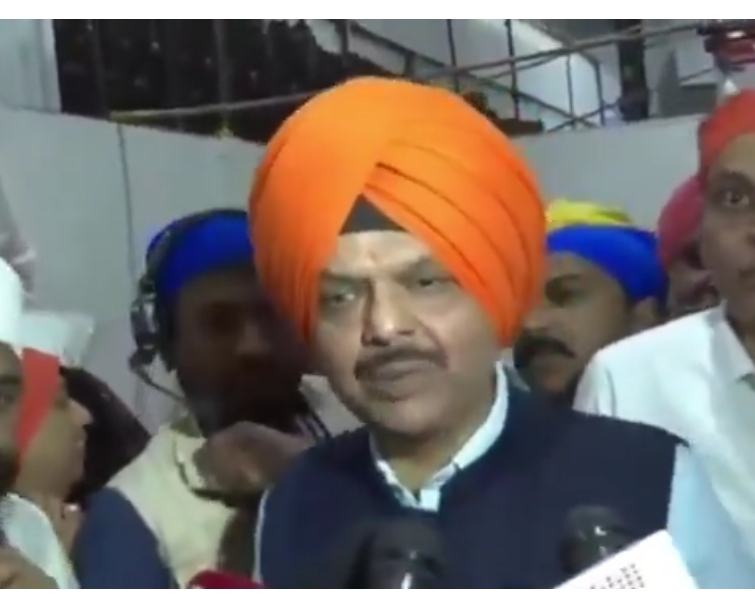Maharashtra Chief Minister Devendra Fadnavis has stirred vital discourse together with his current remarks relating to the grave of Mughal Emperor Aurangzeb, stating that there’s widespread sentiment advocating for its removing. “Everybody feels that the grave needs to be REMOVED. Some ACTIONS should be taken as per the regulation,” he declared, emphasizing the need for legislative measures within the matter.
Traditionally, the grave has been some extent of competition, receiving protected standing in the course of the Congress-led authorities, and has been below the surveillance of the Archaeological Survey of India (ASI) for years. Critics argue that the location, seen by some as an emblem of oppression, doesn’t replicate the values of the modern society.
Fadnavis’s feedback have reignited debates on historic narratives and their implications on fashionable governance. Whereas some help his stance, viewing it as a step towards reevaluating the legacies of historic figures, others warning in opposition to unexpectedly erasing symbols of the previous, urging for a holistic understanding of historical past over selective narratives.
As discussions unfold, the Chief Minister’s assertion displays a bigger pattern in regional and nationwide politics the place historic websites and figures are more and more scrutinized in gentle of latest societal values. The federal government’s subsequent steps in addressing this delicate difficulty will possible garner vital consideration from each supporters and detractors as Maharashtra navigates its historic legacy within the context of contemporary governance.





